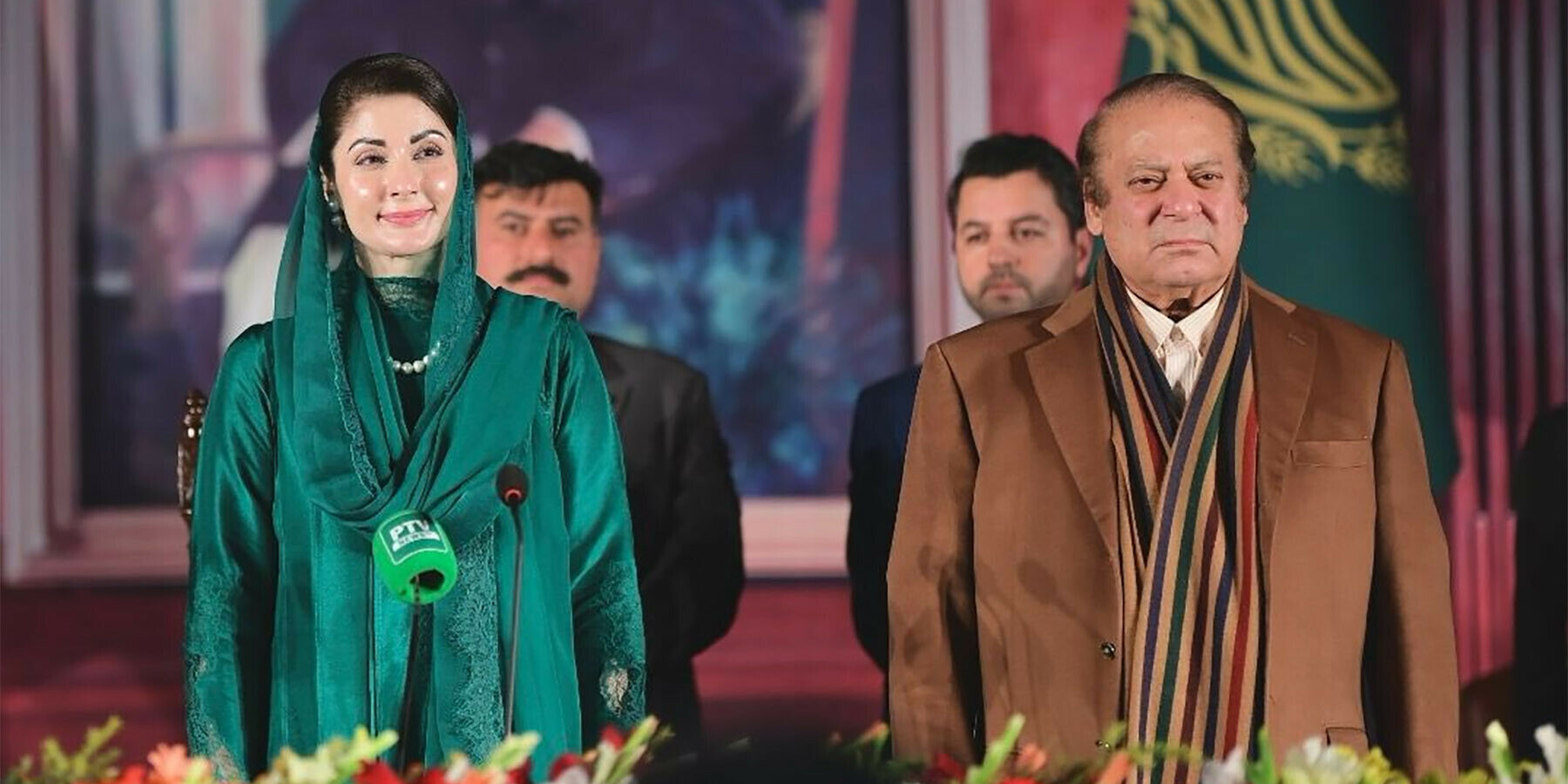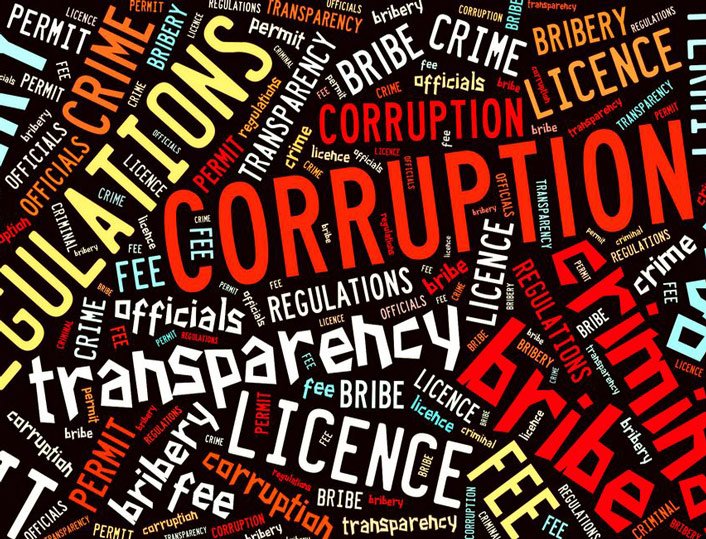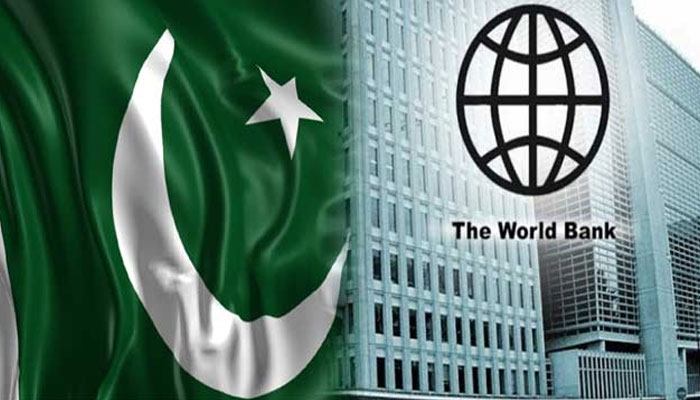Fahad Hussain
Marium Nawaz Sharif, the daughter of former Prime Minister Nawaz Sharif, has become the first woman Chief Minister of Punjab, Pakistan’s most populous and influential province. Her supporters hail her as a champion of women’s empowerment and democracy, while her critics accuse her of representing elite and aristocratic interests, inheriting politics from her family, and benefiting from electoral rigging. In this article, we will examine the arguments for and against Marium Nawaz Sharif’s role as a leader of women empowerment in Pakistan.
Women empowerment is a broad and contested concept that involves the creation of an environment where women can make strategic life choices and decisions. It can take place at the individual, interpersonal, and societal levels and depends on various factors such as cultural values, social position, and life opportunities. According to the United Nations, women’s empowerment is essential for achieving gender equality and sustainable development, as well as for promoting human rights, peace, and security.
Pakistan is a country where women face multiple challenges and barriers to their empowerment. Women are ranked lower than men on all vital human development indicators, such as education, health, income, and political participation. Women also suffer from various forms of violence, discrimination, and oppression, such as child marriage, domestic abuse, honor killings, and sexual harassment. Despite some legal and policy reforms, the implementation and enforcement of women’s rights remain weak and inconsistent. Therefore, studying the various determinants and dimensions of women’s empowerment is urgently needed in the Pakistani context.
Marium Nawaz Sharif claims to be a strong advocate and role model for women’s empowerment in Pakistan. She has been involved in the family’s philanthropic organizations, such as the Sharif Trust and the Sharif Medical City, which provide education and health services to the poor and marginalized. She has also been active in politics since 2012, when she was put in charge of the election campaign of her father’s party, the Pakistan Muslim League-Nawaz (PML-N), during the 2013 general elections. She was appointed as the Chairperson of the Prime Minister’s Youth Programme in 2013 but resigned in 2014 after her appointment was challenged in the Lahore High Court. She became the Senior Vice President of the PML-N in 2019 and reorganized the party at all functional levels. She has been a vocal critic of Imran Khan and his party, the Pakistan Tehreek-e-Insaf (PTI), accusing them of corruption, incompetence, and authoritarianism.
She has also faced several legal and political troubles, such as being convicted and jailed in the Avenfield corruption case in 2018, along with her father and husband, Captain Safdar Awan. She was released on bail in 2019 and continued to lead the opposition rallies and protests against the government. In the 2024 general elections, she was elected to both the National Assembly and the Provincial Assembly of Punjab and chose to take oath as a Member of the Provincial Assembly, thus relinquishing her seat in the National Assembly. She was nominated by the PML-N as the candidate for the Chief Minister of Punjab and secured a comfortable win over the PTI-nominated Rana Aftab, becoming the first woman to hold this position.
Marium Nawaz Sharif’s supporters argue that her rise to power is a sign of women’s empowerment and democratic progress in Pakistan. They point out that she is the first woman to become the Chief Minister of Punjab, the largest and most powerful province in the country, which has a history of male-dominated politics. They also highlight that she is a popular and charismatic leader who has a large following among the youth, women, and minorities and who has mobilized the masses against the PTI government’s policies and actions. They assert that she has inherited the political legacy and vision of her father, who is widely respected and admired as a three-time Prime Minister and a champion of development and democracy. They claim that she has faced and overcome many hardships and challenges, such as imprisonment, exile, and defamation, and that she has shown courage, resilience, and determination in her struggle for justice and democracy. They contend that she has a progressive and inclusive agenda for the development and welfare of the people of Punjab, especially the poor, the women, and the marginalized.
Marium Nawaz Sharif’s critics, on the other hand, argue that her rise to power is a symbol of elite and aristocratic politics rather than women’s empowerment and democratic change. They point out that she belongs to the Sharif family, which is one of the richest and most influential families in Pakistan and has been involved in politics since 1982. They also highlight that she has no formal education or qualification in politics and that she has entered and advanced in politics solely because of her family name and connections. They assert that she represents the interests and values of the elite and the feudal class rather than the common and the middle class and that she is out of touch with the realities and problems of the majority of the women in Pakistan, who are poor, illiterate, and oppressed. They claim that she and her party are involved in massive corruption, nepotism, and money laundering and that they have looted and plundered the national wealth and resources. They contend that she and her party have rigged the elections and that they have no legitimacy or mandate to govern the province or the country.
Analytically, Marium Nawaz Sharif is a controversial and polarizing figure in Pakistani politics who has supporters and critics on both sides of the political spectrum. Her role as a leader of women empowerment in Pakistan is also a matter of debate and dispute, as there are different perspectives and arguments for and against her claim. While some view her as a champion of women’s empowerment and democracy, others view her as a symbol of elite and aristocratic politics. The question of whether she represents women’s empowerment or not depends on how one defines and measures women’s empowerment and what factors and indicators one considers relevant and important. Ultimately, the answer may not be clear-cut or simple but rather complex and nuanced, as women’s empowerment is a multifaceted and dynamic concept that varies across time, space, and context.
Lastly, she does not represent the middle and lower middle classes, and her success in being the first female Chief Minister of Punjab is due to massive rigging of elections and manipulation of results.
Please, subscribe to the YouTube channel of republicpolicy.com

















